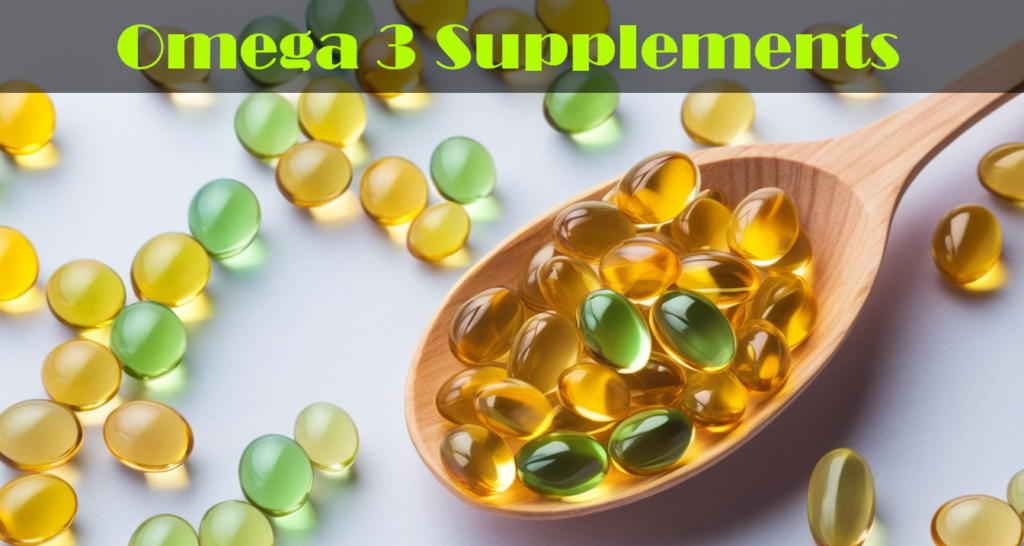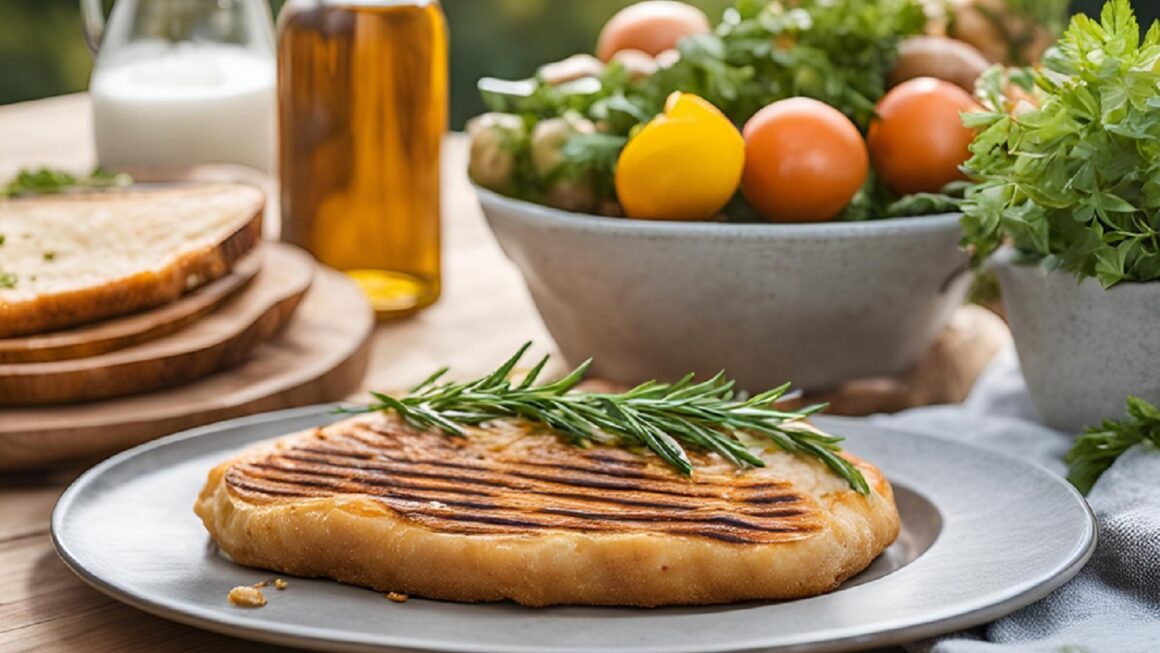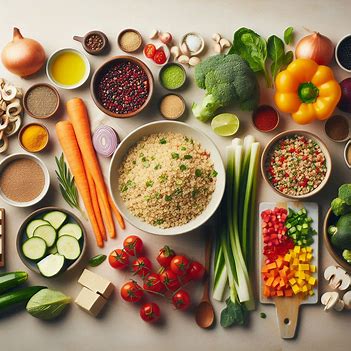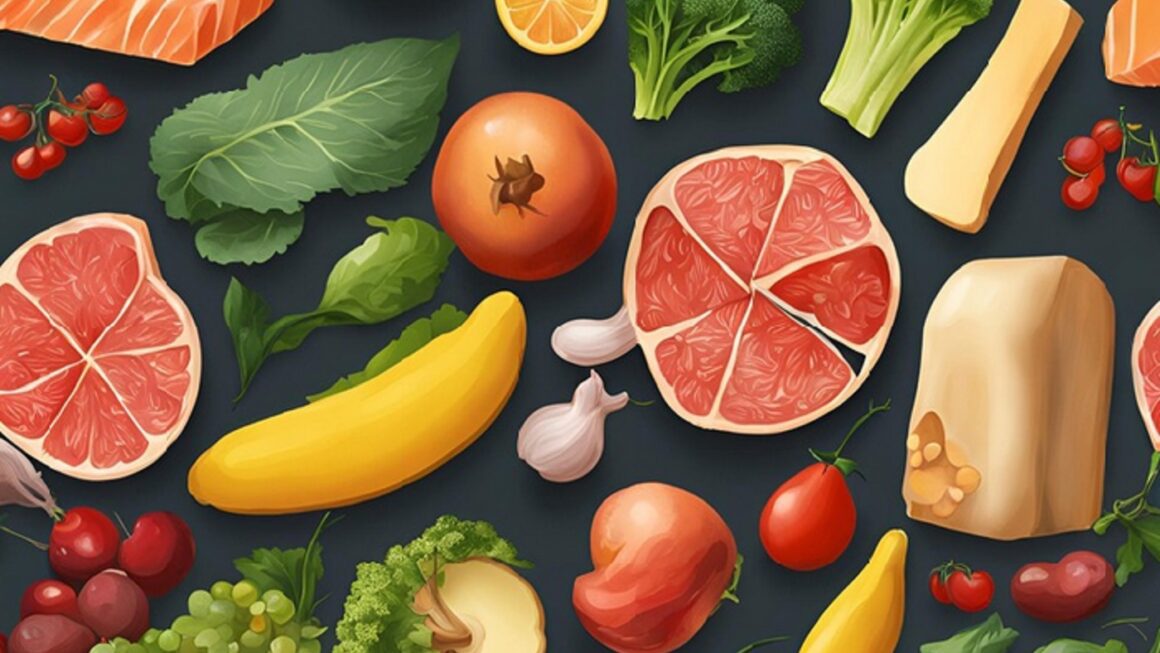Omega3 fatty acids are essential fats that play a crucial role in maintaining heart health, brain function, and reducing inflammation. Since these fats are predominantly found in fish and other seafood, individuals following a vegan diet must find alternative plant-based sources to ensure they get enough omega-3s. This article provides a comprehensive guide on how to obtain sufficient omega3 fatty acids on a vegan diet, offering practical advice and strategies to maintain optimal health.
Understanding Omega3 Fatty Acids Basics
What are Omega3 Fatty Acids?
Omega-3 fatty acids are a group of polyunsaturated fats that are essential for human health. There are three main types of omega-3s:
- Alpha-linolenic acid (ALA): Found in plant oils.
- Eicosapentaenoic acid (EPA): Primarily found in fish and seafood.
- Docosahexaenoic acid (DHA): Also found in fish and seafood.
Why are Omega3 Fatty Acids Important?
Omega3 are vital for:
- Maintaining heart health by reducing triglycerides and lowering blood pressure.
- Supporting brain function and development.
- Reducing inflammation throughout the body.
- Promoting healthy vision and reducing the risk of macular degeneration.
- Supporting mental health by reducing symptoms of depression and anxiety.
Omega3 Fatty Acids Requirements
The recommended daily intake varies, but generally, it is suggested that adults consume at least 250-500 mg of combined EPA and DHA per day. For ALA, the recommended intake is about 1.1 grams for women and 1.6 grams for men per day.
The Best Plant-Based Omega3 Sources
1. Flaxseeds and Flaxseed Oil
Flaxseeds are one of the richest sources of ALA.
- Ground Flaxseeds: One tablespoon provides about 1.6 grams of ALA.
- Flaxseed Oil: One tablespoon contains approximately 7.3 grams of ALA.
2. Chia Seeds
Chia seeds are another excellent source of ALA.
- Chia Seeds: One ounce (about 28 grams) provides around 4.9 grams of ALA.
3. Hemp Seeds
Hemp seeds provide a good balance of omega3 and omega-6 fatty acids.
- Hemp Seeds: Three tablespoons offer about 2.5 grams of ALA.
4. Walnuts
Walnuts are a tasty and convenient source of ALA.
- Walnuts: One ounce (about 28 grams) contains approximately 2.5 grams of ALA.
5. Algal Oil
Algal oil is derived from algae and provides a direct source of DHA and EPA.
- Algal Oil Supplements: Typically, one serving can provide around 400-500 mg of DHA and EPA combined.
6. Canola Oil
Canola oil is a versatile cooking oil with a good amount of ALA.
- Canola Oil: One tablespoon contains about 1.3 grams of ALA.
7. Edamame and Tofu
Soy-based foods like edamame and tofu are also sources of ALA.
- Edamame: One cup of cooked edamame provides about 0.28 grams of ALA.
- Tofu: One cup of firm tofu contains around 0.36 grams of ALA.
8. Brussels Sprouts
This cruciferous vegetable contains small amounts of ALA.
- Brussels Sprouts: One cup cooked provides about 0.2 grams of ALA.
Maximizing Omega3 Fatty Acid Absorption
Balancing Omega-6 Intake
To optimize omega-3 absorption, it is important to balance the intake of omega-6 fatty acids, which are found in many processed and fried foods. Aim for a dietary ratio of omega-6 to omega-3 fats of about 4:1 or lower.
Consuming with Fat
Since omega3 fatty acids are fat-soluble, consuming them with other fats can improve absorption. Adding a small amount of healthy fat, such as olive oil or avocado, can help.
Incorporating Omega-3 Rich Foods into Your Diet
Meal Planning
Incorporate omega3 rich foods into your daily meals with these ideas:
- Breakfast: Smoothie with chia seeds, or oatmeal topped with ground flaxseeds and walnuts.
- Lunch: Salad with hemp seeds and a dressing made with canola oil, or tofu stir-fry.
- Dinner: Grilled tofu with a side of Brussels sprouts, or pasta with a walnut and flaxseed pesto.
- Snacks: A handful of walnuts, or energy bars made with flaxseeds and chia seeds.
High-Omega-3 Recipes
- Chia Pudding: Mix chia seeds with almond milk and a sweetener of choice. Let sit overnight and top with fresh fruit.
- Flaxseed Smoothie: Blend flaxseed oil with spinach, banana, and almond milk for a nutrient-packed smoothie.
- Walnut Pesto: Blend walnuts, basil, garlic, and flaxseed oil to make a healthy pesto sauce for pasta or sandwiches.

For those who find it challenging to meet their omega-3 needs through diet alone, omega-3 supplements, particularly algal oil, can be a beneficial addition.
- Daily Supplement: Consider taking 200-500 mg of DHA and EPA from algal oil daily.
Avoiding Omega-3 Deficiency
Monitoring Omega-3 Levels
Regular health check-ups and blood tests can help monitor your omega-3 levels. Symptoms of deficiency include dry skin, fatigue, poor memory, and mood swings.
Tracking Nutrient Intake
Using a nutritional tracking app can help ensure you are getting enough omega-3 fatty acids and other essential nutrients. This can be particularly useful for new vegans adapting to their diet.
Consulting a Nutritionist
If you have concerns about your omega-3 intake or other aspects of your vegan diet, consulting a nutritionist specializing in plant-based nutrition can provide personalized guidance and support.
Addressing Common Questions and Misconceptions
Can Vegans Get Enough DHA and EPA?
While ALA from plant sources can convert to DHA and EPA in the body, the conversion rate is low. Therefore, it is beneficial to include direct sources of DHA and EPA, such as algal oil supplements.
Is It Possible to Overdose on Omega-3s?
While omega-3s are essential, excessive intake, particularly from supplements, can have side effects such as blood thinning. It’s important to follow recommended dosages and consult with a healthcare provider.
Are Plant-Based Omega-3s as Effective as Fish-Based Omega-3s?
Plant-based omega-3s (ALA) are essential and beneficial, but direct sources of DHA and EPA (typically found in fish) are also important. Algal oil supplements provide a vegan source of these crucial fats.
Conclusion
Ensuring adequate omega-3 fatty acids intake on a vegan diet is entirely achievable with careful planning and the inclusion of a variety of plant-based sources. By incorporating foods rich in ALA, such as flaxseeds, chia seeds, hemp seeds, walnuts, and fortified foods, and considering supplements like algal oil for direct DHA and EPA, vegans can maintain optimal health and avoid deficiency. Balancing your diet with these essential fats supports heart health, brain function, and overall well-being.




